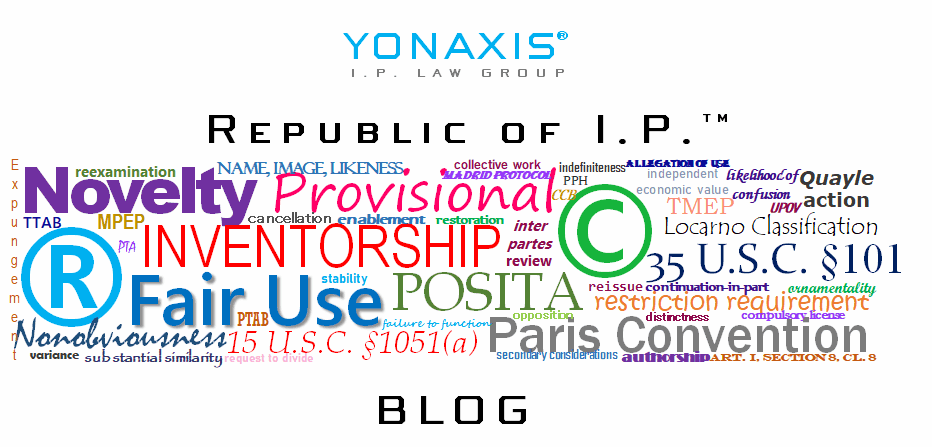In today’s digital economy, subscription-based content platforms like OnlyFans, JustforFans, Vimeo, Patreon, and YouTube have created unprecedented opportunities for creators to monetize their work directly to the consuming public. However, these opportunities come with complex intellectual property (IP) considerations that content creators must understand to protect their rights and avoid potential legal issues. Copyright Fundamentals …
Category: copyright
Understanding the Selection-and-Arrangement Theory in Copyright Law
Introduction In copyright infringement cases, courts must determine whether one work impermissibly copies another’s protected expression. While the widely used “extrinsic test” focuses on comparing specific elements between works, the selection-and-arrangement theory offers a different analytical framework that recognizes that creativity often lies in how creators select, coordinate, and arrange elements—even when the individual components …
Note on the Useful Articles Doctrine in Copyright
Copyright law broadly protects creative works and the human endeavors required to create an original work of authorship. However, creativity should not be confused with utility. A dictionary definition for “creativity” is “ability to make or otherwise bring into existence something new.” A definition for “utility” is “the quality or state of being useful.” A …
AI Works Not Eligible for Copyright Registration
Consistency in intellectual property regimes is essential for a uniform practice of those intellectual property laws. Case in point is Thaler v. Perlmutter, a copyright case holding that works created by artificial intelligence software is not a human author for purposes of the Copyright Act of 1976 (See 17 U.S.C. §102(a) (“Copyright protection subsists . …
Notes on Copyright Registration of AI-Assisted Works
On January 31, 2025, the U.S. Copyright Office issued examination guidelines related to registration of works either assisted or generated by artificial intelligence tools. This blog discussed these guidelines in an earlier post. While there has been much angst as to the guidelines’ impact on creative endeavors involving AI-assisted works, it appears there are some …
Copyright Office’s Registration AI Guidance
The U.S. Copyright Office issued its second report on issues related to registration of works using artificial intelligence (AI). The second report, issued on January 29, 2025, discusses copyrightability and application-related issues. The Copyright Office’s analysis of the legal framework is not surprising given the fairly well-settled nature of the case law landscape. The constitutional …
No Fair Use for Internet Archive’s Digital Library
On September 4, 2024, the Court of Appeals for the Second Circuit decided Hachette Book Group, Inc. v. Internet Archive, denying the online digital repository’s ability to copy and distribute copyright-protected works for free, and without permission, to the general public. Internet Archive creates digital copies of print works for posting on its site, making …
Copyright Damages for Timely Claims Regardless of Infringement Date
Resolving a circuit split on the issue of damages in copyright infringement cases, the U.S. Supreme Court held, in a 6-3 decision, in Warner Chappell Music, Inc. v. Nealy, 601 U.S.___ (2024), that a copyright infringement claimant is entitled to damages in a timely filed action regardless of when the infringement occurred. Justice Kagan wrote …
Ninth Circuit: No SHIFT+DELETE for Server Test
The issues where technology and intellectual property laws collide were discussed in the Ninth Circuit’s opinion in Hunley v. Instagram, LLC,[1] decided on July 17, 2023. In Hunley, the Ninth Circuit re-affirmed the so-called Server Test limiting liability for copyright infringement. Facts Plaintiffs Alexis Hunley and Matthew Brauer both posted their photographic works on their …
Limitations on Transformative Use: SCOTUS Finds Nothing Transformative in Warhol’s Use of Goldsmith’s Prince Photo
Reviewing the last U.S. Supreme Court 2022 term, the highest court decided several high-profile cases involving intellectual property rights. The keyword among these cases is “limitation.” There are limitations on the breadth of particular areas of IP law. These limitations will affect the IP holder’s rights, as well as those who are infringing those rights. …
